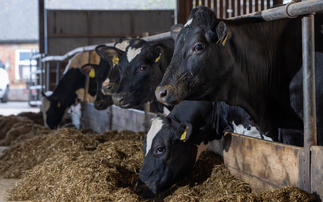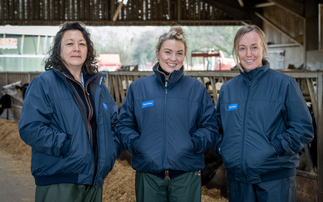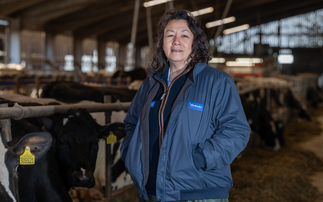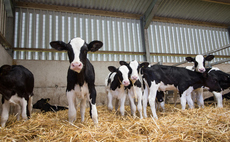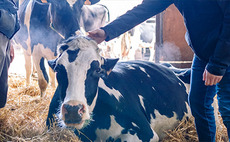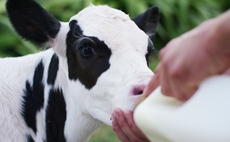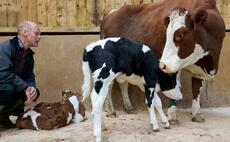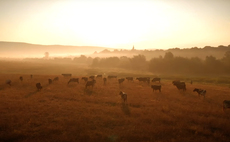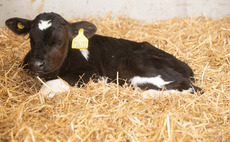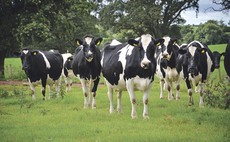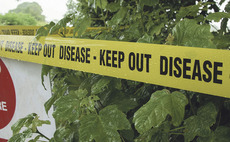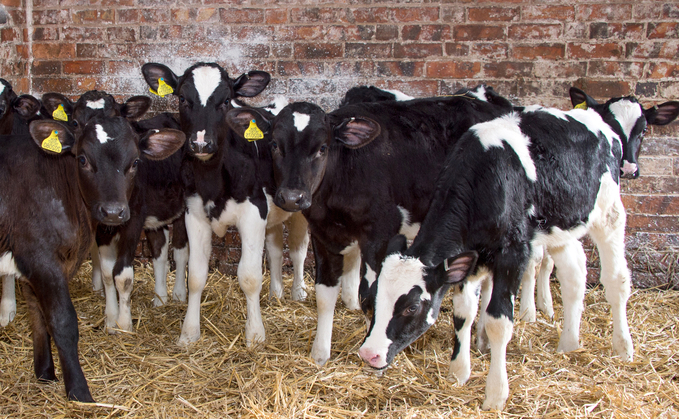
In a recent survey of 324 cattle farmers, 61% admitted to anxiety about having calves sick with scours, 56% were concerned about the expense of treating calves and 77% found that the added time pressures of looking after sick calves caused them difficulties.
Kate Ingram, ruminant technical adviser at Virbac UK, points out that is easier and more cost effective for farmers to put strategies in place to prevent disease than to manage and treat outbreaks.
"Investing in the health of your calves with preventative measures is prudent for the future of your herd, causes less anxiety for the farm team, helps to reduce antibiotic use and is far more cost effective than treating disease,'' she says.
Scours is caused by infection from a number of pathogens, including cryptosporidia, E.coli, rotavirus and coronavirus.
As a multi-factorial disease it therefore requires a multi-factorial preventative strategy, with colostrum being the central pillar.
A new-born calf needs 10-12% of its bodyweight in colostrum quickly, ideally within the first two hours but no later than six.
This time limit is crucial as the concentration of antibodies in the colostrum decreases from the dam post-calving, and at six hours the calf's gut begins to stop absorbing antibodies. After 24 hours, this ability, known as passive transfer, ends completely.
Colostrum must be of the right quality - a reading of 22% or above on a Brix refractometer is indicative of good quality.
Cleanliness is also a key factor in the management of colostrum and preventing scours.
Ensure buckets, feeders and tubes are cleaned between each calf and that bedding and calf transport are as clean as possible to avoid spreading scour pathogens from calf to calf.
Although this message is one that many farmers are now taking on board, others still lag behind.
"With good management farmers could be getting much better quantities and quality of colostrum than they are currently achieving,'' says Ms Ingram.
She recommends blood sampling calves to measure total proteins. This test indicates if colostrum intake is adequate and how successful passive transfer has been.
She also advises vaccination of all dams, to stimulate the production of antibodies in the dam which are then passed through colostrum to the calf.
Ms Ingram recommends vaccination with Bovigen® Scour, a single shot broad spectrum vaccine that helps prevent disease caused by rotavirus, coronavirus, E.coli, three of the major causes of infectious scour.
"It is important that the vaccine is given at the right time, 12 - 3 weeks before calving, as this allows time for the cow's immune system to respond and for the immunoglobulins she produces to be transferred into her colostrum," she says.

Bovigen Scour emulsion for injection for cattle contains inactivated antigens: Bovine rotavirus strain TM-91, serotype G6P1, Bovine coronavirus strain C-19, Escherichia coli strain EC/17 (F5 / K99 antigens). UK: POM-VPS IE: POM Advice on the use of this medicine, or alternatives, must be sought from your Veterinary Surgeon. Further information available from the package leafl et, SPC or from Virbac Ltd, Woolpit Business Park, Windmill Avenue, Woolpit, Bury St Edmunds, Suff olk, IP30 9UP, UK. Tel: +44 (0) 1359 243243 UK: Email [email protected] https://uk.virbac.com IE: Email [email protected] www.virbac.ie Use medicines responsibly. www.noah.co.uk/responsible www.apha.ie








